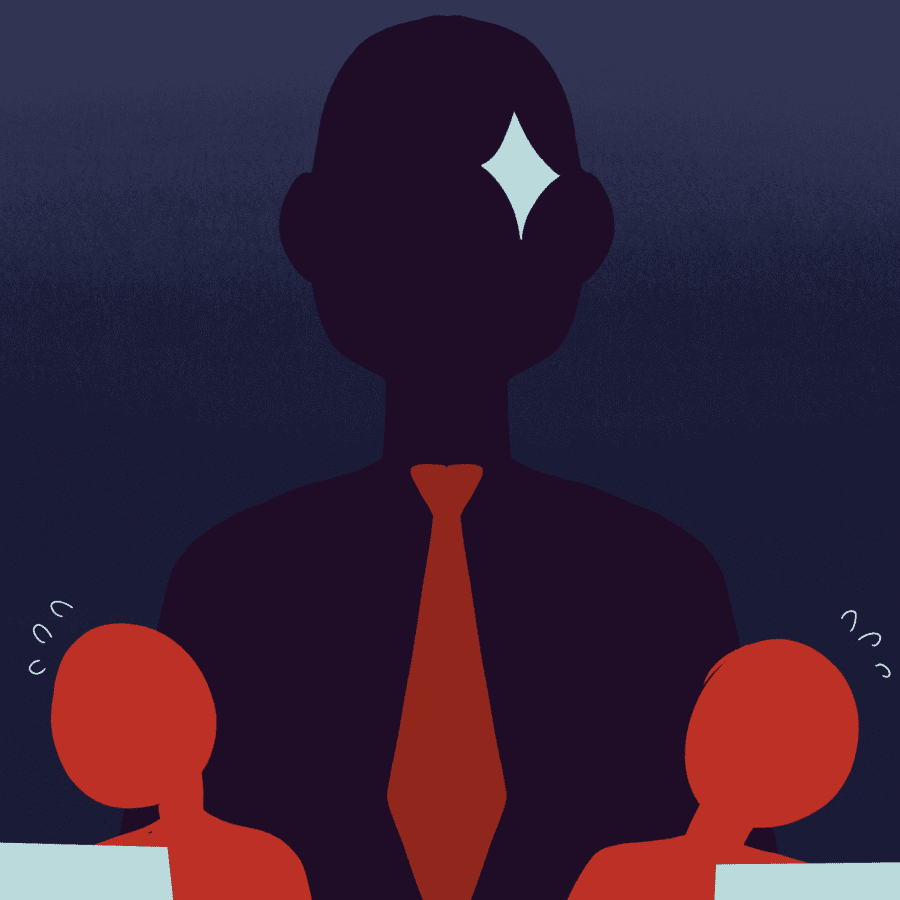Opinion | Professional standards exhaust work environments
Sep 14, 2022
Many companies in the professional world create standards for their employees. You may have heard about rules against dying your hair, wearing certain clothes or having visible tattoos or piercings. These kinds of regulations can be tight, taking away employees’ feelings of control and self expression. What our society deems “professional” is not the same as it was 20 years ago, so these standards have become outdated.
These standards can be harmful and discriminatory. A 2020 research study found employers react more negatively to Black women with natural hairstyles than white women with curly or straight hair in an interview. Based on their hairstyle, employers determine whether interviewees are less professional than other candidates as if hair type or style indicates the skill and work ethic of an employee. This is simply not true — unless you’re a hairdresser.
Recently, legislation has been proposed to stop employers from discriminating against natural hair texture and style. In March, the House of Representatives passed the Creating a Respectful and Open World for Natural Hair Act of 2022. The act has not yet been passed in the Senate; therefore, it is not a law yet. However, companies shouldn’t wait for laws to change their ways; discrimination is inexcusable and detrimental to these marginalized groups — not to mention the sheer disrespect for an entire culture or religious practice.
When minority job seekers face discrimination, the outcome can be more fatal than others realize. Finding jobs for minority groups becomes even more difficult, leaving them unemployed or in low-paying jobs with inadequate benefits. This is especially difficult for those trying to support their families. Indeed, unemployment rates for African Americans are historically higher than for white workers.
Unfortunately, the CROWN Act does not protect all hair types, so workers will not be guaranteed full style expression. Dyed hair, for example, is still a gray area. Many companies tell their employees they are not allowed to have vibrant or unnaturally colored hair. This creates an environment where the company has control over employees’ self-expression, leading them to feel unhappy or unfulfilled with their appearance. Tattoos and piercings are treated similarly.
Get The Daily Illini in your inbox!
An article posted on ABC Everyday features a girl, Mackenzie Devine, who loves to dye her hair vibrant colors, but her boss does not allow her to. Published at the end of 2021, it challenges the idea of professional hair and attire in the workplace. People of all age groups enjoy dying their hair — Mackenzie’s mom dyes her own hair as well — so why is that the line between what is professional and what is not?
Dress codes, while sometimes understandable, do more harm than good. A survey from the UK in 2020 showed that 74% of Gen Z employees feel stressed about what to wear to work. Work is already stressful enough, and worrying about dress code violations or judgment from bosses about clothing puts more unnecessary stress on employees.
Professional clothes can be appropriate for some work settings, but making business casual the norm will help employees feel more comfortable and less stressed during their daily work routine. This article describes how companies should take a more relaxed approach to dress codes post-pandemic. It suggests a dress code that emphasizes personal style, comfort and confidence.
Allowing employees to be themselves rather than forcing them to conform to standards has many unexpected benefits. Employees feel more comfortable, leading to more positive interactions and bonding between coworkers. This creates a morale boost in the entire office along with individual improvements in confidence and creativity.
Additionally, an employee who is able to express themselves and no longer stress about their appearance is one that can focus on their productivity at work. These outdated standards do nothing more than create a toxic atmosphere and strain relationships between employers and employees.
The workplace of the future should be a place where everyone can be themselves without judgment — somewhere we don’t dread going to every morning.
Maggie is a sophomore in LAS.






